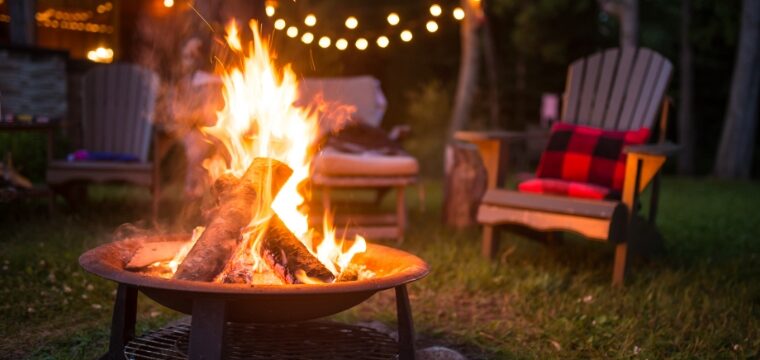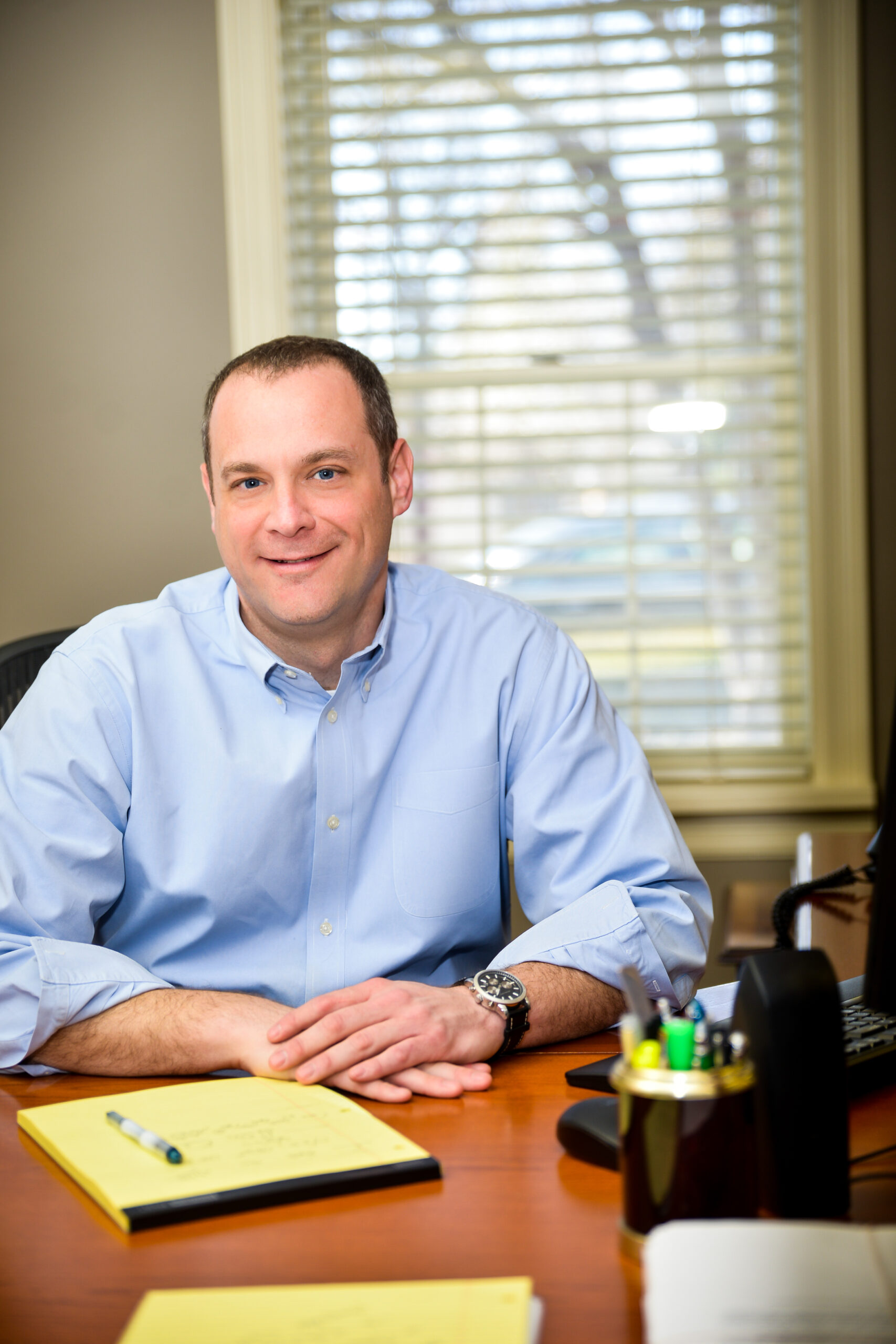Nothing says “fall is here” like lighting a pumpkin spice candle or curling up around a backyard bonfire. However, as the heat rises in homes across the country, so does the risk of a fire. In fact, the National Fire Protection Association (NFPA) reports that half of all home-heating fires occur in the winter months — making fire prevention a must in the fall.
October 3-9 marks National Fire Prevention Week, making now the perfect time to discuss the threat of a structure fire and how you can stay safe this fall. Simply put: don’t wait for a fire to happen. Instead, know the risk factors and ways to prevent fires around your home. Together, we’ll enjoy a warm and cozy fall season.
What Causes a Fire in the Home?
- Bonfires. These large outdoor fires can spark a structure fire if started too close to the home.
- Holiday Decorations. Electronics and string lights may have faulty wiring or cracks in their cords that can spark a fire.
- Space Heaters. Portable heaters can overheat items near them and start a fire.
- Candles. Though small, the flame on a candle can catch nearby items on fire, especially if burned too long.
- Cooking. According to the National Fire Protection Association (NFPA), cooking equipment is the leading cause of home fires and fire injuries, causing 49% of home fires. Take extra care to keep an eye on food being grilled, baked, boiled or fried.
- Carbon Monoxide. Poorly maintained or damaged heating devices can leak carbon monoxide, a highly flammable gas.
What Injuries Can Result From a Fire?
- First-degree burns. These burns damage the outermost layer of the skin, resulting in redness and discomfort. First-degree burns are the easiest to treat with over-the-counter creams, bandages and topical analgesics.
- Second-degree burns. These burns go beneath the top layer of skin, damaging the dermis and causing redness, blisters and stiffening of the tissue. While often treatable at home, second-degree burns can take three to eight weeks to heal.
- Third-degree burns. These burns destroy all layers of the skin. Third-degree burns may destroy nerves and leave you with a waxy scar. These burns are not treatable at home and require medical attention and prescription pain medication.
- Fourth-degree burns. These are the deepest of all the burns, eating through skin, muscle and bone. Fourth-degree burns may be severe enough to require amputation.
Burns may result from a variety of hazards such as electricity, harsh chemicals, flames and smoke inhalation. A third-degree burn or fourth-degree burn may be cause for a personal injury lawsuit if the fire resulted from the negligence of another party. For example, if a landlord did not provide proper fire safety precautions to a tenant, that tenant could file a personal injury suit against them.
How to Avoid a Structure Fire
- Keep a fire alarm and carbon monoxide alarm in the center of the home and regularly check the batteries.
- Blow out candles, put out bonfires and turn off space heaters when leaving an area unattended.
- Keep flammable objects at least three feet away from heat sources. This includes curtains, blankets, papers and electronics.
- Check your electronics. Cracked cords, broken plugs and worn out extension cords are common culprits for house fires.
- When using your indoor fireplace, install a screen to avoid sparks flying into your living area.
What to Do After Fire Damages or Injuries
If you or a loved one has suffered damages or injury due to a fire, it’s important to ask yourself a few questions to determine potential areas of liability.
- What caused the fire?
- What could have been done to prevent the fire?
- Were all possible actions taken to minimize the damage from the fire?
- Was there an accessible route to escape?
Depending on the extent of the damage and the cause at fault, you may be entitled to compensation. Injuries caused by landlord negligence, defective electrical products or recreational public fires could be a few viable reasons to file. We recommend consulting a personal injury lawyer to petition for financial compensation to cover injuries, damages and suffering.
For more fire prevention tips, browse the Casey Devoti Brockland blog.









